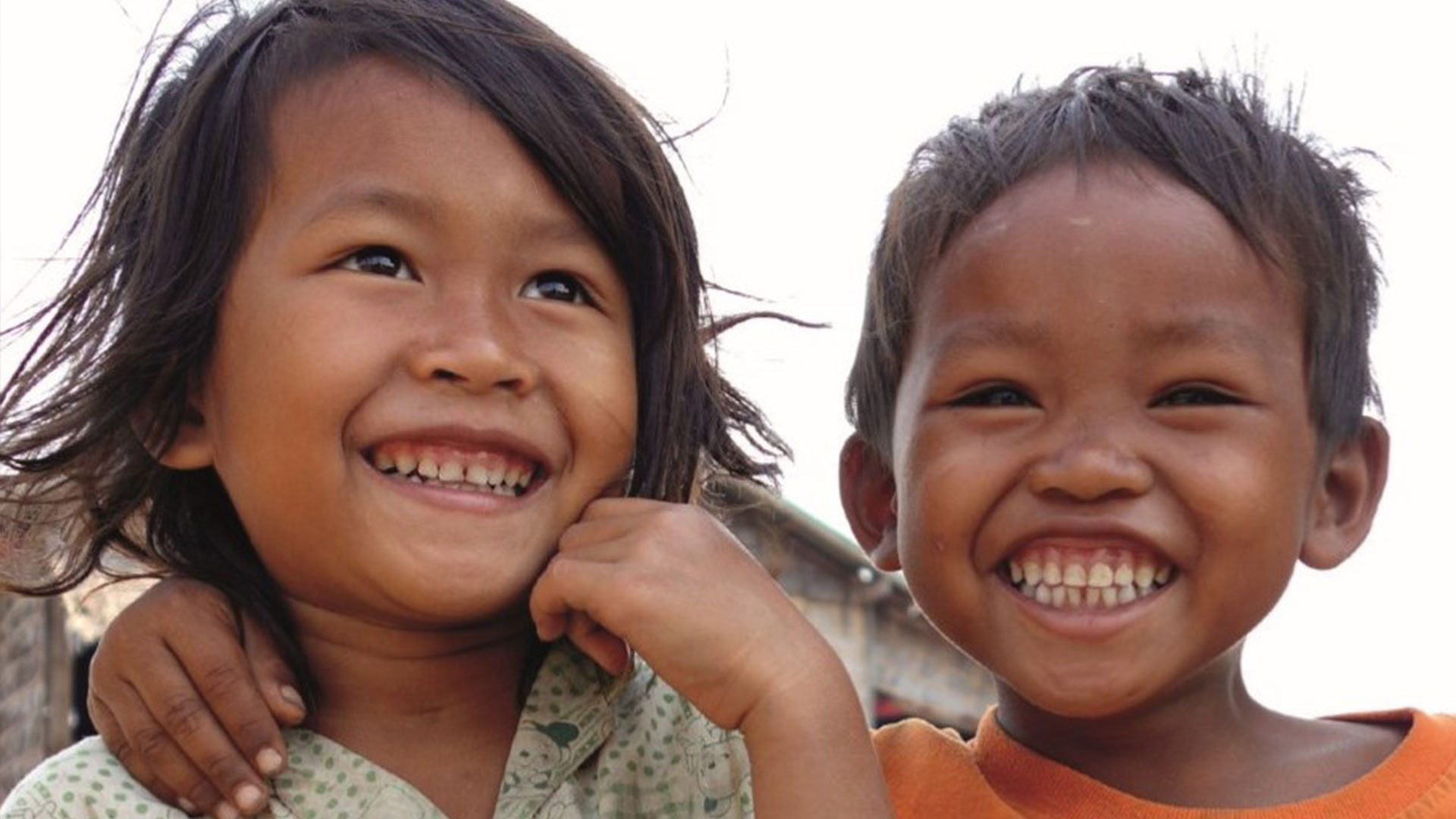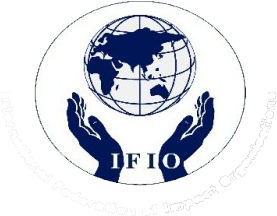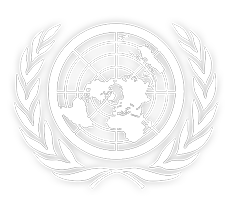Taking action against preventable disability
«If you can’t reach the hospital, the hospital must come to you»
IMPACT helps people in remote and hard-to-reach areas with little or no access to healthcare, focusing on the prevention and treatment of avoidable disabilities.
IMPACT Norway is a non-profit foundation, registered in the Norwegian Register for Non-Profit Organizations and the Foundation Register, with organization number 983 141 021. IMPACT Norway is also a member of the Norwegian Fundraising Control Committee, the Norwegian Fundraising Council, the United Nations Association of Norway (FN-Sambandet), and an associate member of the Atlas Alliance.
Our vision
IMPACT’s vision is a world where disability is reduced to an absolute minimum, as a result of targeted preventive action.
Our goal
That no one should live with preventable disability caused by disease, lack of knowledge, or lack of access to medical services and resources.
Administration and Board of Directors

Peter Daae
Founder and daily manager
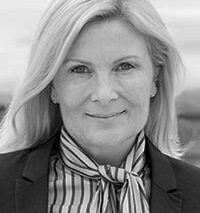
Mette Ballari
Board member

Finn Arctander
Board member

Bjørn Erik Reinseth
Board member

Charlotte Molstad
Board member
Executive Advisory Board
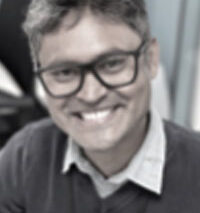
Mostak Rahman
Council member Bangladesh speciality

Veronica Morino
Council member

Hedda Haraldsson Savosnick
Doctor and council member

Kristin Holdø Hansen Oishi
Council member
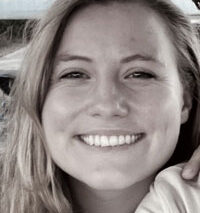
Helle Uri Hageberg
Doctor and council member

Erlend Holm-Nordli
Doctor and council member

Jon Gangdal
Advisor Nepal
IMPACT Young

Mari Søland Østern
Web and SoMe
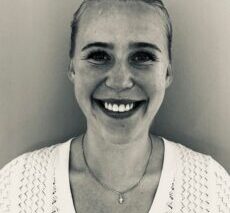
Nicoline Thrane-Steen

Marlene Tronrud
Bidragsyter
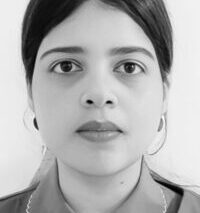
Dineswary Nair Mahenthran
IMPACT’s history since 1982
In 1981, the United Nations declared the International Year of Disabled Persons, which helped highlight that one in ten people worldwide lives with a disability, and that one-third of these are children in developing countries. Toward the end of that year, on the initiative of Sir John Wilson, an international group of experts—researchers, physicians, health administrators and policymakers—met to develop a long-term action plan to reduce disability, a fundamental cause of economic loss and human suffering worldwide.
The Leeds Declaration, signed on 12 November 1981, was the result of the tireless and targeted efforts of Sir John and Lady Wilson to raise awareness and to secure funding and resources for this cause. This led to the establishment of a multidisciplinary collaboration between the UN Development Programme (UNDP), the World Health Organization (WHO) and UNICEF. The following year, IMPACT was founded as an “international initiative against avoidable disability”, with branches established in a number of countries in addition to the United Kingdom. Today, IMPACT organisations are found in Bangladesh, Cambodia, Denmark, East Africa, the Eastern Mediterranean, Hong Kong, India, Nepal, Norway, Pakistan, Sri Lanka, Sweden, Switzerland, Thailand and the United Kingdom.
As the IMPACT family has evolved, so have our shared goals: early identification and treatment of disabling conditions, affordable and accessible surgery, safer motherhood and improved child survival, an end to malnutrition, and vaccination and disease prevention.
IMPACT Norway was established in 1995 and, from the outset, has focused on technical transfer and resource mobilisation under the international banner “take action today to prevent disability tomorrow.”
The growing IMPACT family continues to work closely at international, national and local levels, sharing knowledge and resources to achieve our common goals. The IMPACT federation established the Asia-Pacific Council, with its first meeting hosted by IMPACT Bangladesh in 2002. Subsequent meetings have taken place in New Delhi (2003), Nairobi (2005), Cebu in the Philippines (2007) and Kathmandu (2009). In 2025 the meeting was held in Sussex, just outside London.
In 2000, IMPACT launched its first major international project: a hearing aid that could be mass-produced and distributed at low cost and was inexpensive to maintain. At the same time, IMPACT developed a solar-powered battery charger for the devices. This innovation responded to a vast unmet need and involved collaboration with, among others, IMPACT UK, Project IMPACT US and Lions Clubs International.
Over more than twenty years together, we have facilitated more than twenty million procedures and interventions. The lives of tens of thousands of men, women and children have been transformed during IMPACT’s existence. Many have regained the ability to see, hear or move normally. They are in school, at work or caring for their families. Likewise, many more—both now and in future generations—will benefit from the information and knowledge that help protect themselves, their families and their communities from avoidable disability.
We therefore wish to be assessed not only by the goals we set, but also by what we have already achieved and the impact we have had on people’s lives.
By reducing unnecessary disability, IMPACT makes a valuable contribution to preventing and alleviating what is both a principal cause and consequence of poverty. Our work also contributes to the United Nations’ Millennium Development Goals—aiming to make the world a better place for people affected by illness, disability and poverty.
IMPACT has ambitious goals for the future. We know what we want to achieve and how we can achieve it. Although the needs are challenging, the opportunities are enormous.
Policy Documents:
Our policy documents are available upon request:
- “Utviklingsstrategi” (in Norwegian)
- “Etiske retningslinjer” (in Norwegian)
- “Regnskap 2022” (in Norwegian)
- “Årsberetning 2022” (in Norwegian)
- “Vedtekter” (in Norwegian)
